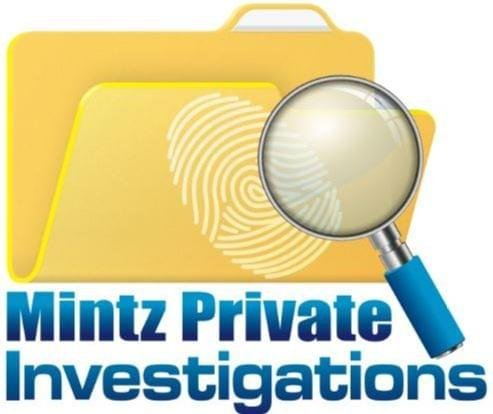Child Custody
Child custody determinations are generally made with the child’s own best interest in mind regardless of what the parents would prefer .In some cases using a private investigator for child custody disputes can reveal whether a parent is in fact capable of providing a stable home environment for the child. In other cases there may be concerns about child abuse or drug use by the noncustodial parent (which would be relevant for visitation determinations.
When people get a divorce, the custody battle can get messy, emotions tend to run high, and claims of neglect and abuse can be made in the process. You need evidence to strengthen your case. If you’re falsely accused of neglect, you’ll need to show that it isn’t true. If you accuse your partner of neglect, you’ll need to be able to offer proof.
There are a number of different kinds of custody you might be fighting for. Legal custody gives you the right to make decisions regarding what’s best for your child. Physical custody means that the child will live in your house. Sole custody means that the child lives with you and that you also have the legal right to make decisions.
- Sole Custody - If you have this type of custody the other parent can still get visitation rights, but they won’t be able to make decisions about the child or where they live.
- Joint Legal Custody - With this type, both parents have a say in decisions about the child’s life. However, if there’s a serious disagreement, the courts will have to get involved. With joint physical custody, the child will live for part of the time at one parent’s house and part of the time at the other’s.
When the court decides on these different kinds of custody, they consider the child’s best interests, according to the Best Interests of the Child Standard.
The court will take a lot of factors into account to determine this. Sometimes, the determining factors are clear, such as in cases of abuse. Other times, the decision is made based on more subtle information.
The court will decide on things such as which parent can best support the child, where the safest living situation will be, the physical and mental needs of both parent and child, and the family that can help raise the child.
The court will look at the parents’ lifestyles and stability to make their decision. They will also consider whether either parent has a criminal record, evidence of neglect or abuse, history of violent behavior, abuse of alcohol or drugs, and many other factors.
As Investigators, we have a variety of tools and methods at our disposal to help with custody cases including the gathering of witness statements, background checks, and surveillance. After custody is awarded a PI can provide evidence of custody or visitation agreement violations that are common after an order has been issued.
A Private Investigator for child custody can help make sure things are worked out with the child’s best interests in mind. These investigations help ensure that your child is safe, and they can also help gather the evidence you’ll need in court.
1. Surveillance
Your PI will watch your child being cared for by the other parent, which will determine whether neglect or other issues are happening.
For example, if the parent abuses alcohol or drugs, or if they don’t show affection to the child, the PI will gather evidence. They can testify as to what the home environment is like, and whether the parent is behaving in an acceptable way.
2. Witness Statements
This is powerful evidence that can go a long way to help you in court. An investigator will help gather statements from independent witnesses that can verify the character, suitability, and conduct of the other parent.
3. Background Information
A good PI will also conduct a background investigation of the other parent. The research can help discover whether the parent has the means to care for the child, what their true financial situation is, and whether they have a troubling history, such as a criminal record.
Types of Child Custody Case
Each case is different, but they all fall into a handful of categories. A PI will use the best strategies for the type of case at hand.
1. Custody Dispute
In a custody dispute case, an investigator will gather the information needed to provide the facts in court. This is helpful if the other parent is making accusations that need to be disproven.
2. Custody Agreement Violation
If you believe the other parent is violating the terms of the custody agreement, it takes evidence to prove it in court.
Violations include not picking up or dropping off the child at the appropriate time, having dangerous associates around the child, or failing to take the child to agreed-upon appointments.
3. Neglect and Abuse
These serious situations call for intervention right away, and a PI can help you do it. A PI will help gather the evidence you need to keep your child safe.
4. Proof of Cohabitation
If your child’s other parent is cohabitating with someone, you might be able to change your custody situation or reduce child support payments. PIs can easily help you prove cohabitation.
Do You Need a Private Investigator for Child Custody?
In custody cases, there’s no time to waste.
The best interests of your child are at stake.
If you need a PI, we can help. Contact us today to get started!
